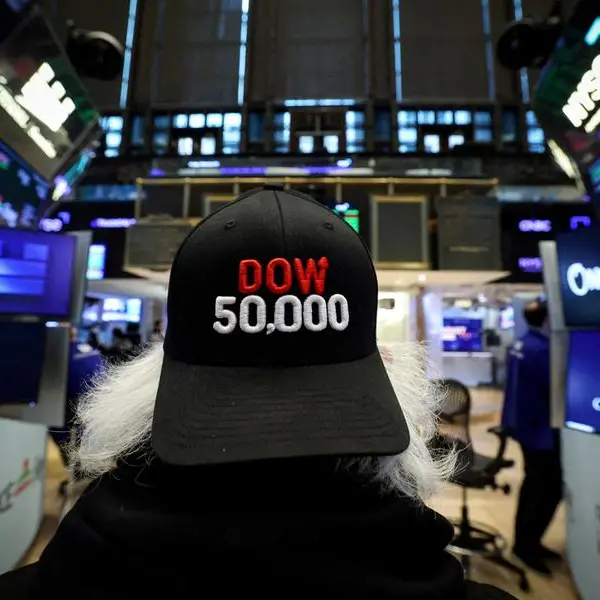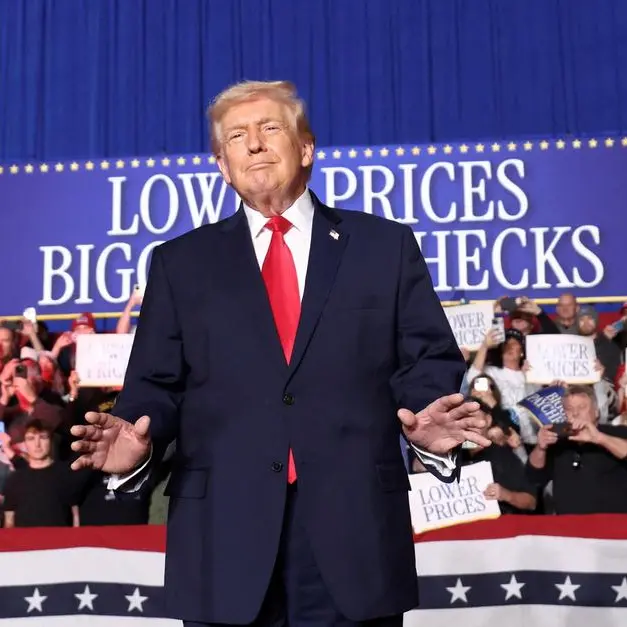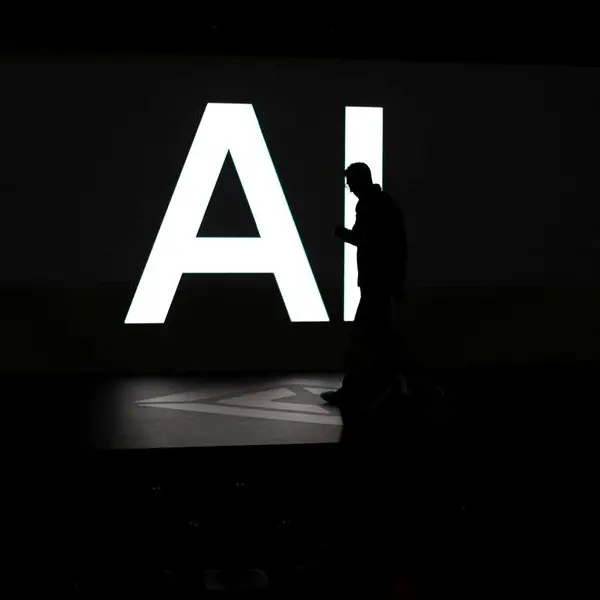PHOTO
When Germans head to the polls on Feb. 23 to elect a new government, one of the key issues at stake will be the country’s so-called "debt brake," a constitutional amendment that significantly limits the country’s fiscal space.
The emerging consensus is that the next government will loosen this restrictive policy to allow for more investment, but the hurdles to doing so may be much higher than most observers realize.
Germany’s debt brake, agreed in 2009, requires that the country’s budget deficit does not exceed 0.35% of structural GDP. While this rule has helped the country maintain a debt-to-GDP ratio around 60% – well below the euro zone average – it has also reduced the government’s ability to invest in infrastructure and spur growth, two things that are badly needed now that the country’s manufacturing industry has slumped amid flagging demand, increased competition and higher energy costs.
This is why all eyes are on the upcoming elections, which are expected to create significant shifts in Germany’s legislature that could reshape the country’s fiscal strategy.
The centre-right CDU/CSU is expected to become the largest party in the next government, and Friedrich Merz is expected to become the next chancellor.
But the rise of the right-wing populist party Alternative für Deutschland (AfD) and the newly formed left-wing populist party Bündnis Sahra Wagenknecht (BSW) has created seismic shifts in the political landscape. Not only may the centre-left Social Democratic Party (SPD) slip into third place for the first time in post-war history, but several former establishment parties are also expected to receive less than 5% of the vote and thus not be represented in the next Bundestag.
The upshot is that it will be quite difficult to form a stable government – particularly because the AfD is being monitored by a government body for potential anti-constitutional activities, so none of the mainstream parties will align with it.
Hence, the most likely governing outcome will be another grand coalition between CDU/CSU and SPD. Thanks to the Green Party’s recent surge in popularity, a coalition between the CDU/CSU and Greens could also materialise.
But no matter which coalition is formed, there is essentially no chance that the new government will have the required two-thirds majority needed to change the debt brake, which would mean amending the constitution. To do so, the CDU/CSU and SPD would need votes from the Greens, which isn’t likely if the latter remains in opposition.
CREATIVE ACCOUNTING
If the constitution cannot be changed, the path towards a softer debt brake becomes very narrow.
The debt brake only allows the deficit to exceed 0.35% of structural GDP during emergencies (as was the case during the pandemic) and when the economy is operating below potential – a so-called "business cycle adjustment". The latter is already maxed out in the current budget, and there is currently no emergency.
According to a legal opinion by constitutional scholars Stefan Korioth and Michael Müller, the only legal way to modify the debt brake if a government doesn’t have the two-thirds majority needed to change the constitution would be to alter the calculation methodology used for the business cycle adjustment.
The debt brake is based on potential output, but determining this potential is far from an exact science. It is estimated based on assumptions about long-term economic trends in things such as productivity and labour market participation. Currently, it is calculated using the same models and assumptions that the European Union uses in its calculations for the Growth and Stability Pact.
The next government could modify some of these underlying assumptions. But this would be a very transparent exercise in creative accounting and would almost certainly be challenged in court.
The German constitutional court would most likely want to put a limit on this creativity to ensure the government doesn’t diverge too far from reasonable (i.e., previously used) assumptions. Hence, even if modifications to the debt brake pass judicial review, they would likely be too small to materially expand Germany’s fiscal space.
There is also the court of public opinion to consider. Most Germans remain opposed to a change in the debt brake, especially more conservative voters. Two out of three CDU/CSU voters oppose any easing of the debt brake.
Given Germans long-standing cultural aversion to debt, softening the debt brake is not something voters will likely forget quickly. Rather, it might push even more voters into the arms of the one party that is most adamantly in favour of keeping the debt brake: the AfD.
While the next government might be willing to risk this given Germany’s weak economic outlook, this is far from a safe bet, meaning pundits banking on a sharp change in German fiscal policy may want to put on the brakes.
(The views expressed here are those of the author, an investment strategist at Panmure Liberum, the UK's largest independent investment bank.)
(Writing by Joachim Klement; editing by Anna Szymanski and Sharon Singleton)





















